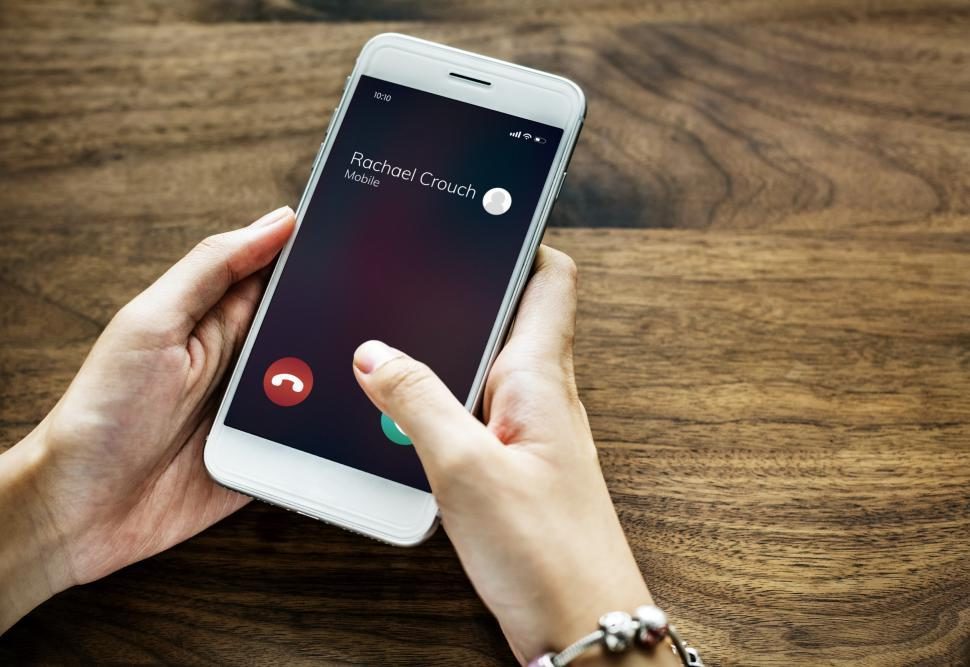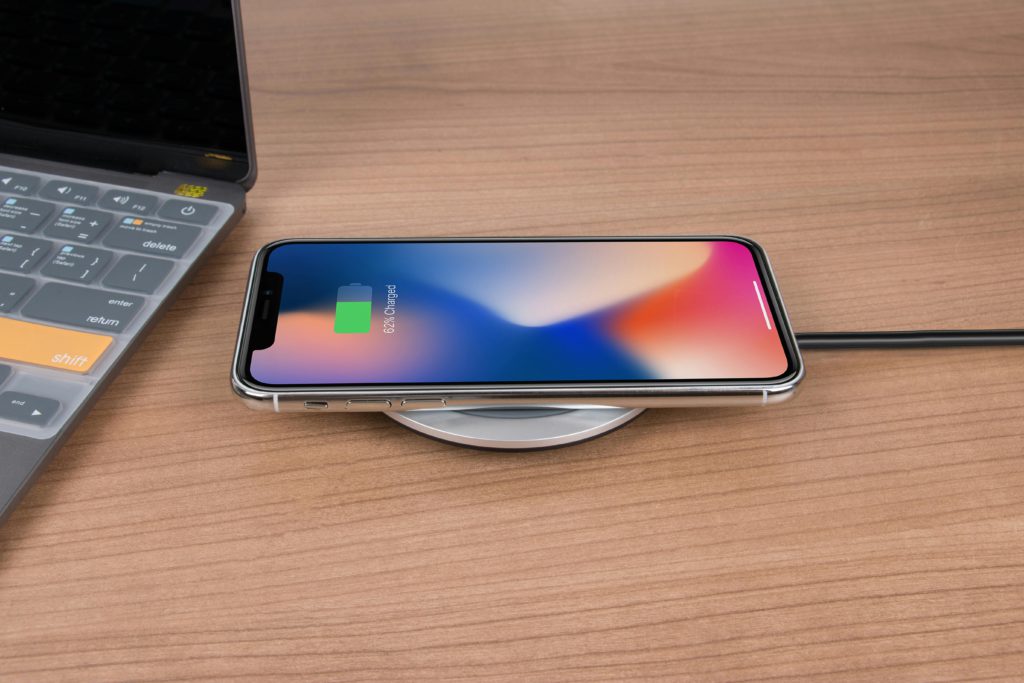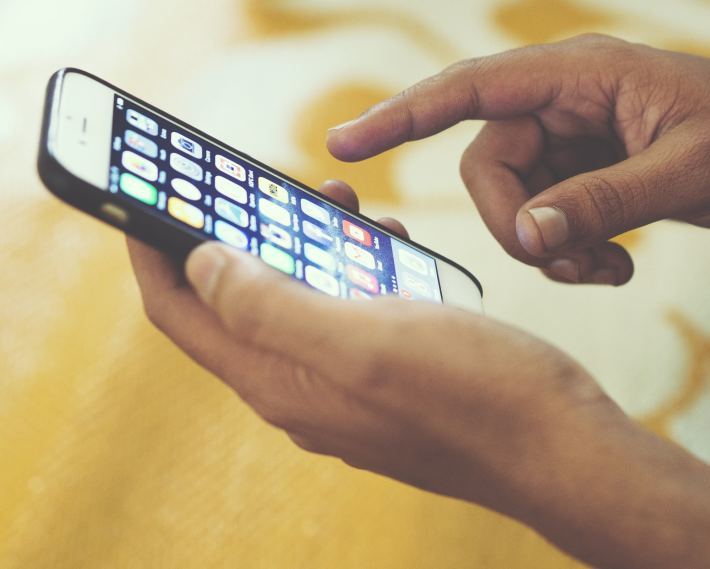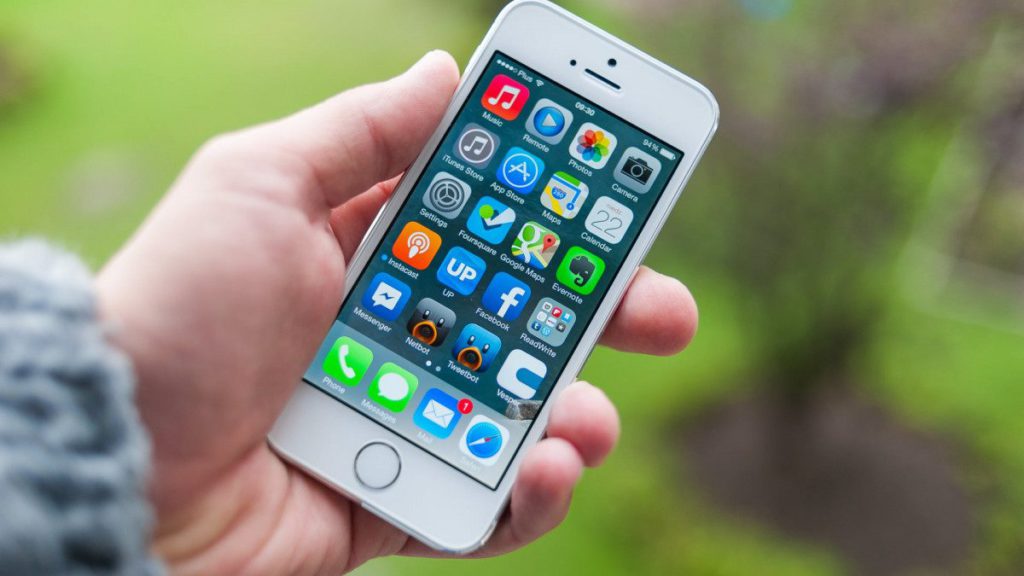Your phone holds more sensitive data than most people’s entire filing cabinets from the ’90s. Banking details, private messages, location history—it’s all there, ripe for the picking. Yet most people treat phone security like optional insurance until it’s too late. A former CIA operative recently shared the warning signs that separate paranoid preparation from smart digital hygiene. These aren’t the obvious “your phone is literally on fire” alerts. These are the subtle red flags that slip past your radar while hackers quietly raid your digital life. Ignoring these signs is like leaving your front door unlocked in a neighborhood where everyone knows you keep cash under the mattress.
Staying ahead of hackers requires following mobile device security best practices, which include using end-to-end encrypted messaging, setting strong passwords, and regularly updating your phone’s operating system. Adding a few pocket-sized security gadgets to your routine can also make a big difference in protecting your privacy and peace of mind, especially as new threats emerge every year.
10. Strange Sounds During Calls (And No, It’s Not Just Sprint)

Weird clicking, static, or background noise during calls isn’t always bad cell service. Modern phone tapping is sophisticated enough to seem like technical glitches. That faint click you keep dismissing? Could be someone recording every word you say.
Professional eavesdropping tools are designed to fly under the radar. They make you think it’s just network issues while they capture your conversations. Pay attention to persistent audio weirdness, especially if it happens across different locations and networks. Your gut feeling about something being “off” is probably right.
9. Performance Drops Harder Than Your Credit Score

Phones naturally slow down over time, but sudden dramatic performance drops signal trouble. Normal aging means gradual battery degradation and slightly slower app loading. Compromise means overheating, constant freezing, and random restarts that make you want to throw your phone across the room.
Malicious software is resource-hungry. It’s like having invisible apps constantly running marathons in the background. Your phone struggles to keep up while hackers use your device as their personal playground. Dramatic performance changes aren’t just annoying—they’re warning sirens.
8. Run Scans Like Your Privacy Depends on It

Malware scans compare your phone’s files against databases of known threats. Companies like Norton and Malwarebytes offer reliable mobile security tools that actually work. These aren’t the sketchy “speed boosters” that plague app stores—these are legitimate security solutions.
For those unsure which app to trust, this list of best malware removal tools highlights reliable options that consistently earn high marks for detection and ease of use.
Regular scans act as your phone’s immune system, detecting and neutralizing threats before they cause damage. Modern malware is sneaky, but security software is smarter. Run both malware and antivirus scans monthly. Consider it routine maintenance for your digital life.
7. Your Battery Dies Faster Than Your Motivation on Monday

That phone battery used to last all day, now it barely survives your morning commute. Sure, batteries degrade over time, but sudden dramatic drops scream trouble. Malicious software running in the background is like having a data vampire constantly feeding on your phone’s resources. The worst part? This isn’t just some random malware—it could be spyware installed by someone you know.
Ex-partners, controlling relatives, or workplace stalkers love this move. They get front-row seats to your digital life while you blame Apple for “planned obsolescence.” Check your battery usage stats. If mystery apps are burning through power, delete them faster than you’d block your ex on Instagram.
6. Factory Reset: The Nuclear Option That Actually Works

Factory resets feel like digital death, but they’re rebirth for compromised phones. Yes, you’ll lose data, photos, and customizations. But what’s worse: rebuilding your phone or rebuilding your identity after it’s stolen? Back up essential data, then wipe everything clean.
Before wiping your device, it’s smart to understand Factory Reset Protection explained, so you don’t accidentally lock yourself out or leave sensitive data exposed.
A factory reset removes all software, including malware, spyware, and any digital parasites feeding on your privacy. It’s inconvenient but effective. Think of it as burning down the house to kill the termites—extreme but necessary when dealing with digital infestations. In extreme cases, consider the phone a total loss and look into the most secure phones available today to ensure your next device offers stronger protection from the start.
5. Data Usage Spikes Like GameStop Stock

Sudden data consumption increases deserve immediate attention. Hackers count on user laziness—most people never check their data usage until they get overage charges. A 2024 Verizon security report found that 73% of phone compromise victims experienced unusual data spikes weeks before discovering the breach.
If you notice a sudden surge in your data bill, it could be one of several signs your mobile device is infected, as background apps may be sending data without your knowledge.
Check Settings > Cellular (iOS) or Settings > Network & Internet > Data Usage (Android) monthly. Look for apps consuming more than 100MB without explanation. Malicious software uploads your contacts, photos, messages, and browsing history to remote servers. This happens silently while you scroll TikTok, completely unaware your digital life is being copied and pasted elsewhere.
4. Mystery Apps Playing Hide and Seek

Over 60% of phone users have apps they don’t remember downloading. Each unknown app is a potential backdoor for cybercriminals. According to FBI warnings, unfamiliar apps are among the clearest signs your phone has been compromised. In 2024, cybersecurity firm Lookout documented over 200 cases where victims discovered spyware disguised as legitimate apps after suspicious partners installed them.
The FBI warning about suspicious texts highlights how scammers use fake apps and messages to compromise even the most cautious users.
Smart malware disguises itself as legitimate utilities or system tools. Check app permissions ruthlessly—why does that “flashlight” app need access to your contacts and microphone? Keyloggers steal passwords while location trackers become digital ankle monitors. Monthly app audits aren’t paranoia—they’re basic digital hygiene. Delete anything you don’t recognize, especially after relationship drama or workplace conflicts.
3. Airplane Mode: Your Digital Panic Button

Suspect compromise? Enable airplane mode immediately. This cuts all connections, stopping data leaks while you assess the damage. Think of it as pulling the fire alarm for your digital life. Every second of continued connection gives hackers more time to extract your information.
Airplane mode buys you precious investigation time. You can examine apps, check settings, and plan your next move without bleeding more data. In extreme cases, consider the phone a total loss. Better to buy a new device than let cybercriminals ransack your entire digital existence.
2. App Inspection: Digital Spring Cleaning That Actually Matters

Scroll through every single app on your phone. Question everything like you’re Marie Kondo with trust issues. Did you download this? Do you remember installing it? Check permissions by going to Settings > Privacy & Security > Permission Manager (Android) or Settings > Privacy & Security (iOS). Red flags include calculator apps requesting microphone access or weather apps demanding contact lists.
Look for apps with generic names like “System Update” or “Security Check”—legitimate system apps don’t hide in your regular app drawer. Too many apps equal too many vulnerabilities. Each installation is a potential entry point for bad actors. Be ruthless. Your phone should contain only apps you actively use and trust.
1. Password Reset: Change Everything Before It’s Too Late

If your phone is compromised, every password stored on it is potentially exposed. Start with email and banking accounts—these are hacker gold mines. Change social media, shopping, and any other important service passwords immediately. Critical detail: do this from a clean computer, not your potentially compromised phone.
The latest Verizon Mobile Security Index shows that password-related breaches are on the rise, making regular updates and unique credentials more important than ever.
Using a compromised device to change passwords is like using a broken lock to secure your house. Keyloggers capture every keystroke, potentially exposing your new credentials. While you’re securing accounts, consider removing your personal information from data broker sites that sell your details to scammers and identity thieves. Services like DeleteMe handle the tedious opt-out process automatically, reducing your digital footprint and limiting exposure if your phone data gets stolen.





























